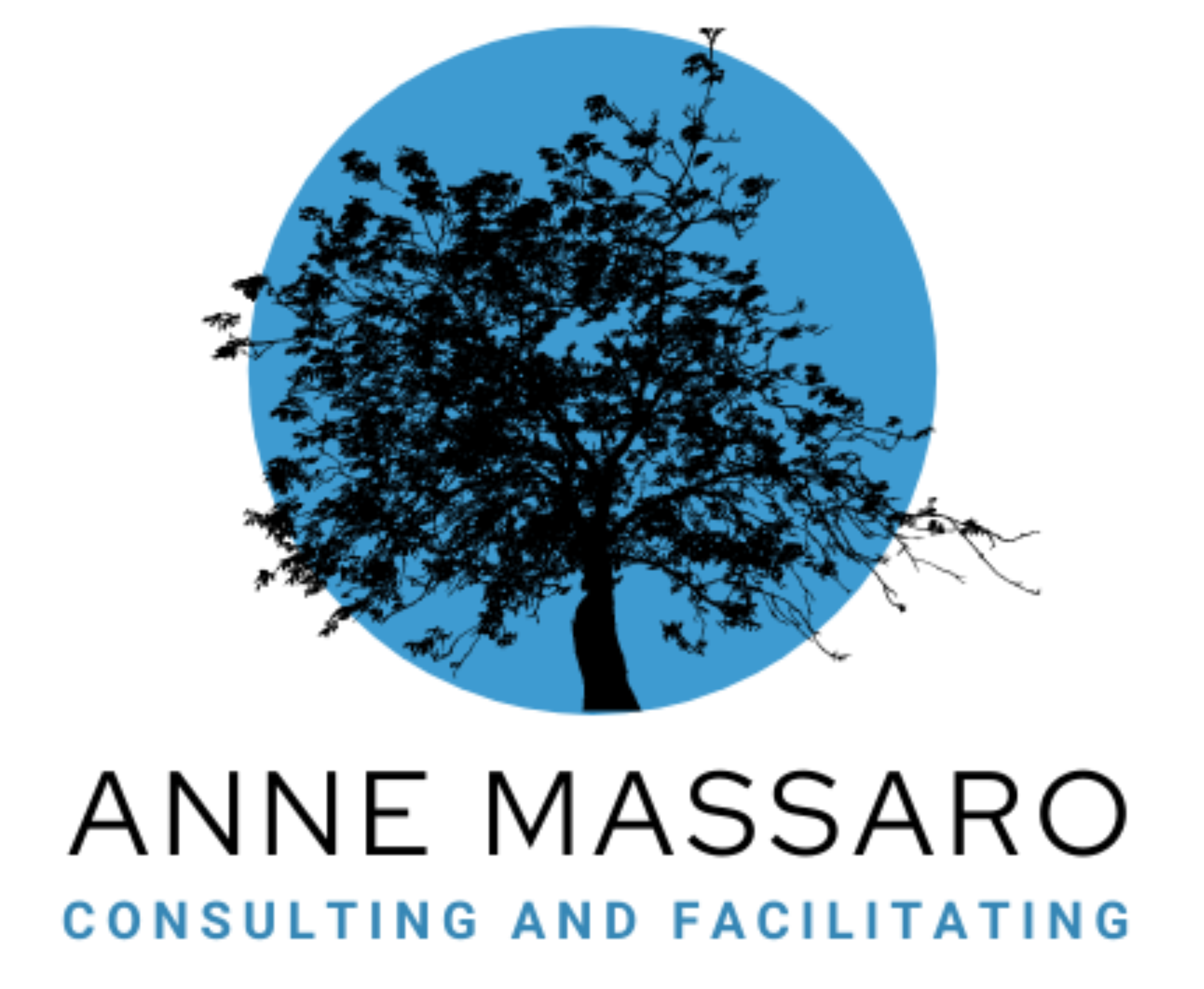A Good Dose of Peer Coaching
These thoughts on Peer Coaching Circles were shared in a concurrent session I presented at the ACE Women’s Network of Ohio conference on Friday, November 4, 2022.
Peer Coaching is a helping relationship between two or more colleagues who are in similar positions, with similar experiences. Through Peer Coaching, deep reflection and learning are possible.
Peer Coaching Circles provide a safe, confidential space for participants to share real-time experiences and concerns. Circle members receive insightful ideas and new perspectives; they clarify and deepen their thinking to arrive at a solution to a problem or a meaningful path forward. Colleagues help others make choices between ideas rather than telling them what they should do.
Women in leadership roles have historically been underrepresented. It is common for them to feel isolated, and to question their ability to respond to the myriad of leadership issues they face. Participation in Peer Coaching Circles can positively influence leader satisfaction, confidence and retention.
This quote from the National Academies report on “The Impact of COVID-19 on the Careers of Women in Sciences, Engineering and Medicine” (2021) underscores the potential value of Peer Coaching Circles for women: “Women are less like to receive either mentoring or benefit from the sponsorship of senior academics, have limited or no access to support structures, have less access to networks that would help them move up in the ranks of administration, and become more isolated as they advance in the academic hierarchy (Maranto and Griffin, 2011; Sandler and Hall, 1986).”
Key ingredients for successful Peer Coaching Circles include a clear purpose statement, agreed-upon “Rules of Engagement” that include confidentiality, a strong Facilitator that “fits” with the group, and flexibility in the structure of the Circles. Circle agendas can be pre-determined based on needs of the group (e.g., resilience, finding your voice, empowering others) or agendas can be designed “in the moment” based on real-time issues of Circle participants. A combination of predetermined and spontaneous agendas may work the best.
Powerful questions, supportive responses and staying focused on coaching are the hallmarks of effective Circles. The goal is to support the leaders in looking at issues from various angles, encouraging them to reflect on assumptions and beliefs so they gain new perspectives on how to resolve issues, and feel empowered to take steps forward.
In my experience facilitating Peer Coaching Circles, participants learn through the sharing of real-life challenges. They build powerful support networks, and most importantly, they walk away with increased self-assurance and feeling “I am not alone.”
Resources that informed this blog and my presentation on Peer Coaching Circles:
Boillat, M., & Elizov, M. (2014). Peer coaching and mentorship. In Faculty development in the health professions (pp. 159-179). Springer, Dordrecht.
Parker, P., Hall, D.T, & Kram, K.E. (2008). Peer coaching: A relational process for accelerating career learning. Academy of Management Learning & Education, 7(4), 487-503.
Steinberg, B., Watkins, M.D. (2021). The surprising power of peer coaching. Harvard Business Review. https://hbr.org/2021/04/the-surprising-power-of-peer-coaching.
Thomas, N., Bystydzienski, J., & Desai, A. (2015). Changing institutional culture through peer mentoring of women STEM faculty. Innovative Higher Education, 40 (2),143-157.
